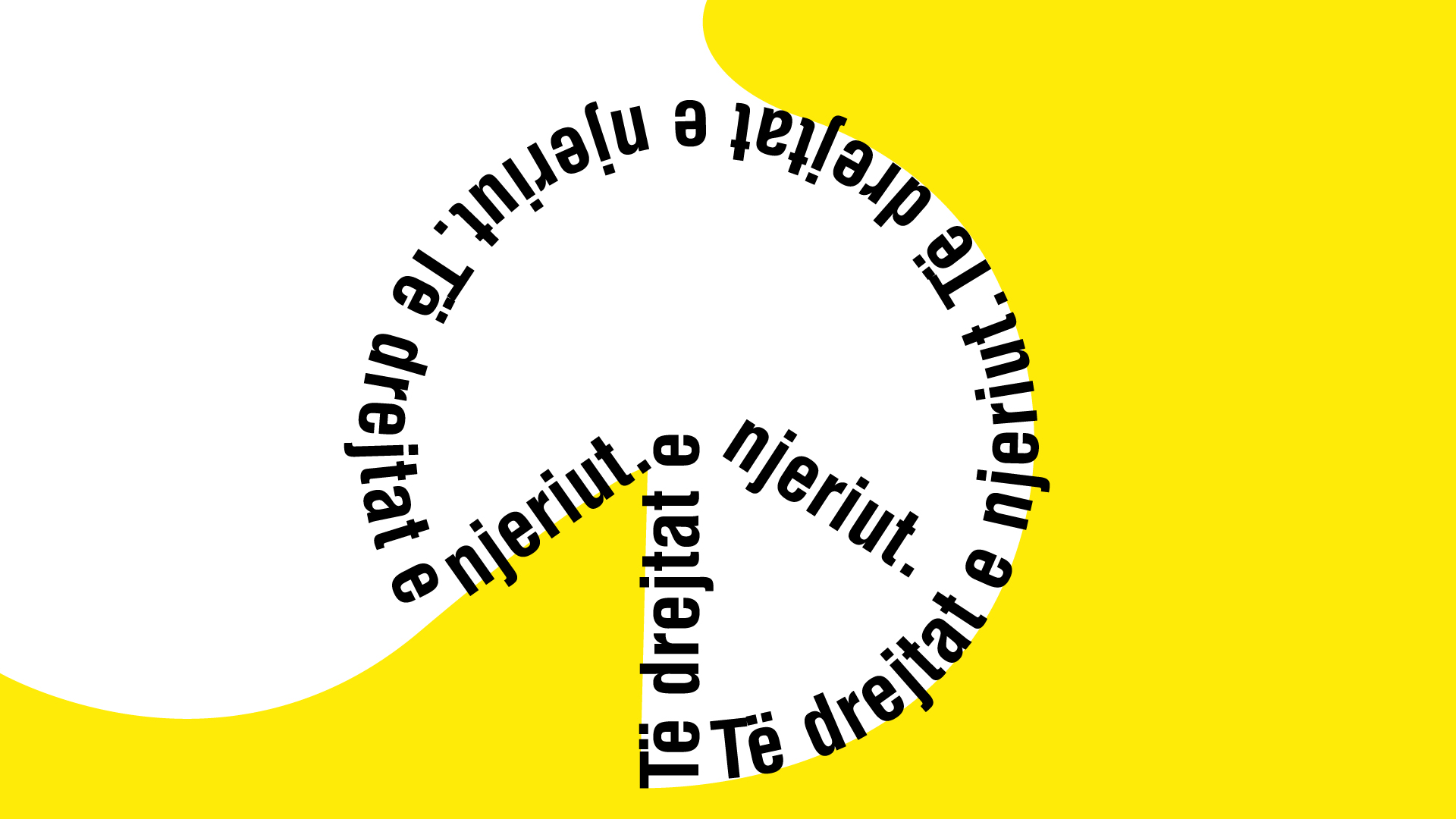
The list of good things is endless
Dreaming of a Kosovo that treats everyone equally.
Sometimes it is easier to just leave.

Agon Rexhepi
Agon Rexhepi is a sociology student at the Faculty of Philosophy of the University of Prishtina. As a human rights activist, through his writing (in the form of blogs and poetry) he aims to raise awareness of human rights issues and about the suppression and discrimination that marginalized communities are subject.
This story was originally written in Albanian.